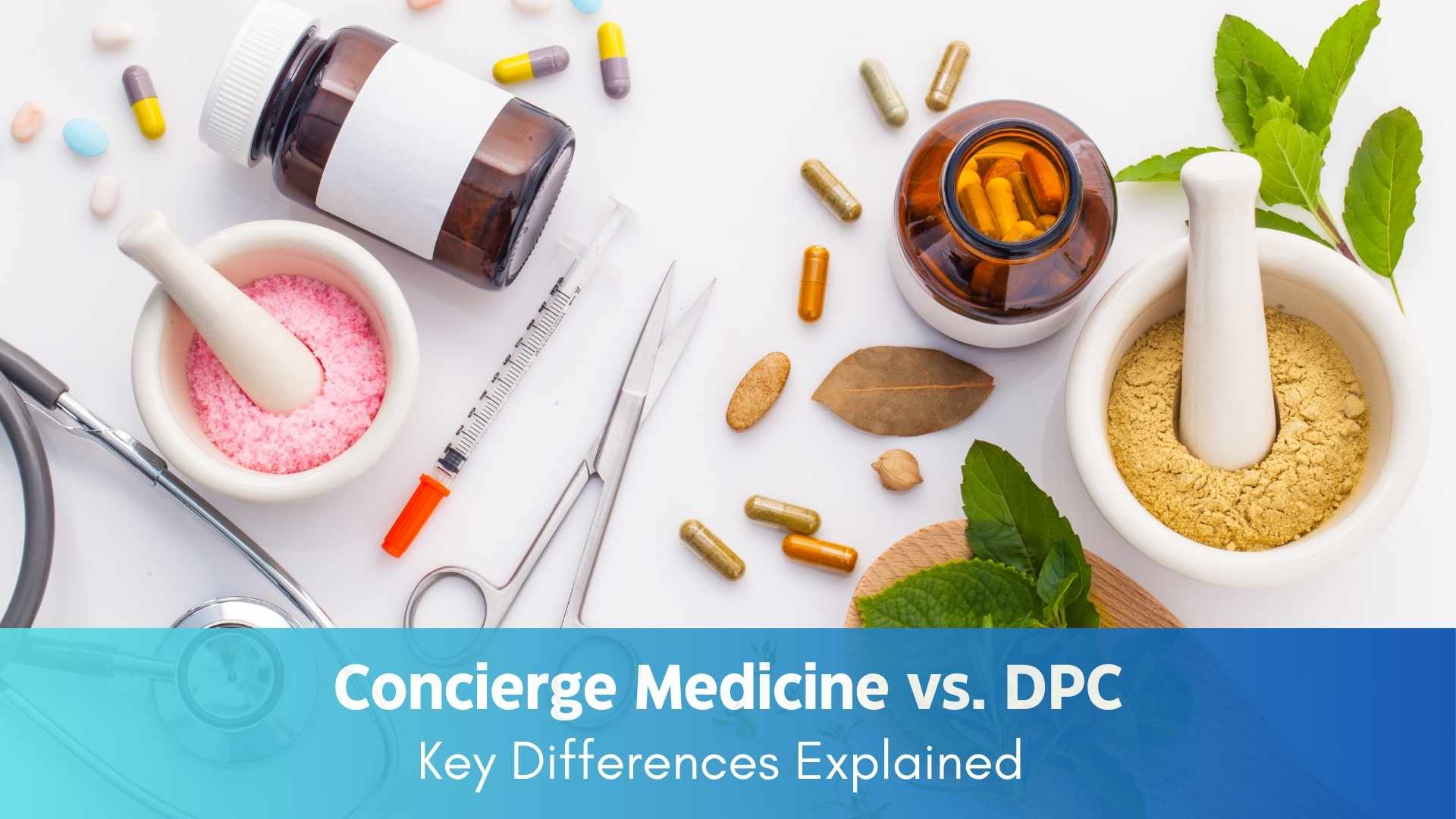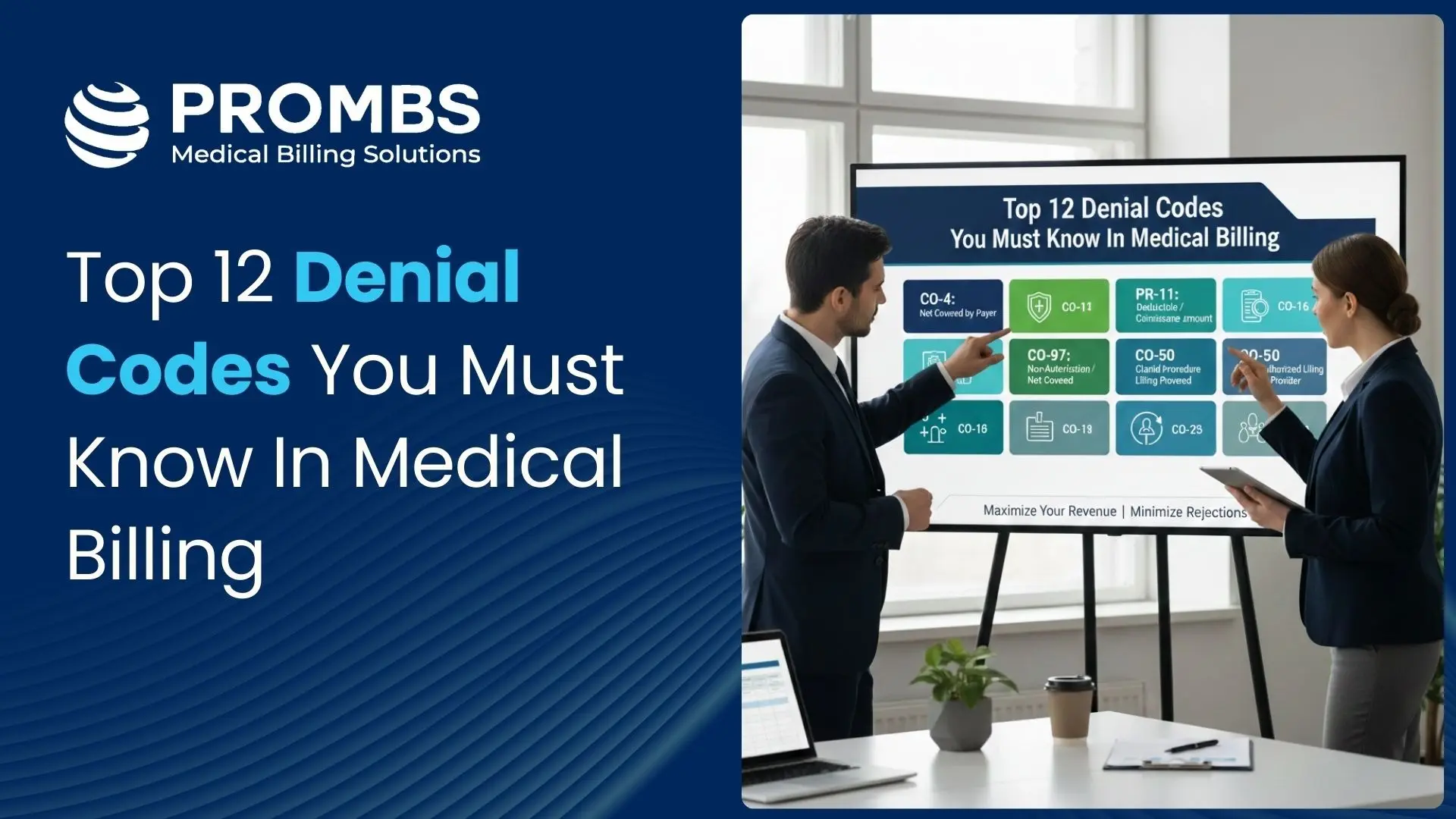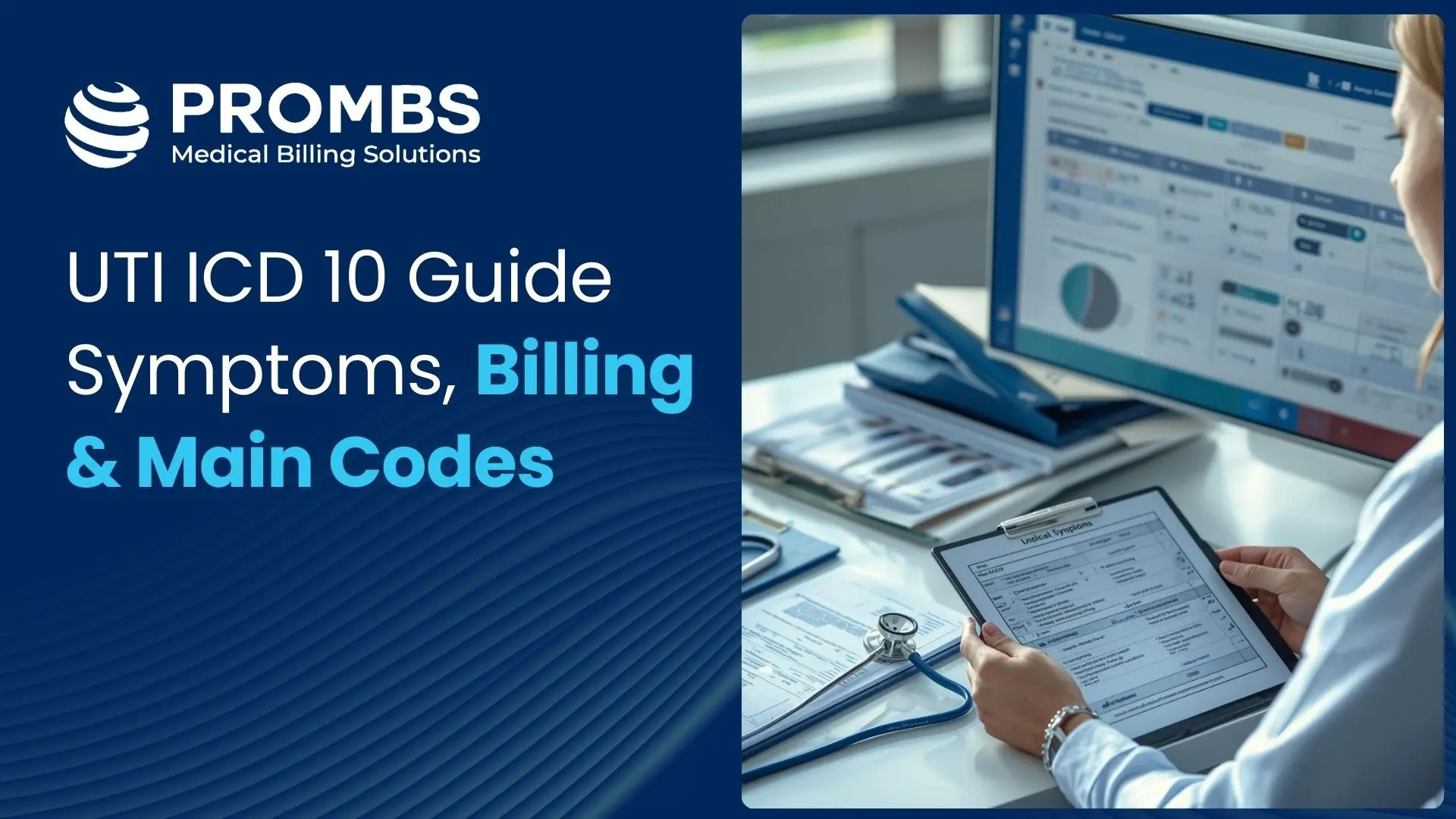Why Doctors Are Always Rushing — And the Smarter Alternatives
✅ Options for More Personalized Care
✅ Concierge Doctors Vs. Primary Care Doctors
✅ What's the meaning of direct primary care (DPC)?
✅ This fee covers primary care services, which include:
👉 Consultative Services
👉 Care Coordination
👉Clinical and Laboratory Services
👉 Comprehensive Care Management
Now, let's make a comparison of the advantages and disadvantages of DPC:
Advantages of DPC:
The disadvantages of DPC:
What Types of People Is DPC Fit For?
What's the Meaning of Concierge Care?
Advantages of Concierge MD:
In contrast to DCP doctors, Concierge doctors accept payment both through membership fees and patient's insurance.
Patients get access to directly contact their doctor through the phone line. They can talk to their physician at any time, either in person, by phone, or through same-day appointments.
If a patient has any serious problem, a concierge primary care physician can coordinate specialist visits or hospital care as per the requirements.
Disadvantages Of Concierge MD:
Concierge Medicine vs. Direct Primary Care: What's the Real Difference?
The Core Philosophy: Time, Access, and Care
Insurance Involvement: One Uses It, One Doesn't
Services Offered: Broad Similarities, Subtle Differences
Cost: Luxury or Simplicity?
👉 Concierge Medicine typically costs $1,500–$5,000 per year, depending on the practice and services offered.
👉Direct Primary Care usually ranges from $50–$100/month, making it significantly more accessible to the average patient.
How to get reimbursed for out-of-pocket expenses?
Personal Choices, Concierge Medicine, and Direct Primary Care
Frequently Asked Questions
Imagine healthcare where the doctor actually knows your name—and your story. That’s the vibe with both models, but there’s a key difference. Concierge medicine usually works alongside insurance and involves a membership fee for premium access, while direct primary care (DPC) is more budget-friendly and skips insurance entirely. So, if you’re searching for “concierge doctors near me” and want 24/7 care with perks, concierge might be your pick. But if you want simplicity and affordability from a primary care doctor near me, DPC wins the day.
Not anymore. While concierge medicine near me once meant elite, exclusive care for the ultra-rich, that landscape is changing. Many concierge doctors now offer tiered pricing to make the model more accessible. You’re essentially investing in longer appointments, deeper attention, and peace of mind—something money can’t always buy. It’s about value, not vanity.
Yes, and that’s one of the big wins of both models. Whether you go the concierge medicine route or stick with a direct primary care clinic, patients typically enjoy same-day or next-day access. If you’ve ever searched “primary care doctor near me” and ended up with a 3-week wait, this feels like hitting the jackpot.
Absolutely. From annual wellness exams to managing blood pressure, both concierge doctors and DPC providers cover the full spectrum of primary care. You’re not just paying for access—you’re getting continuity, trust, and a partner in your long-term health. So next time you type “concierge medicine near me,” know that real care—not just rapid access—is at the heart of the model.
It depends on what matters most to you. DPC typically offers a flat monthly rate—like a Netflix subscription for healthcare—making it ideal if you want straightforward, insurance-free care. Concierge medicine might cost more upfront but includes extras like 24/7 texting and coordination with specialists. If you’re budget-conscious but still want a primary care doctor near me who actually has time for you, DPC is a great bet.
Start with your needs. Do you want full access, coordination with insurance, and more luxury in your care? Try searching for “concierge doctors near me.” Prefer a simple, transparent, and affordable healthcare plan? Look up direct primary care near me. In either case, it’s about putting your health back in your own hands—and finding a doctor who’s truly in your corner.
Pro Medical Billing Solutions streamlines revenue flow for Concierge and DPC models through precise coding, real-time claim tracking, and transparent billing—freeing providers to focus on care while we maximize their earnings with industry-best accuracy.



